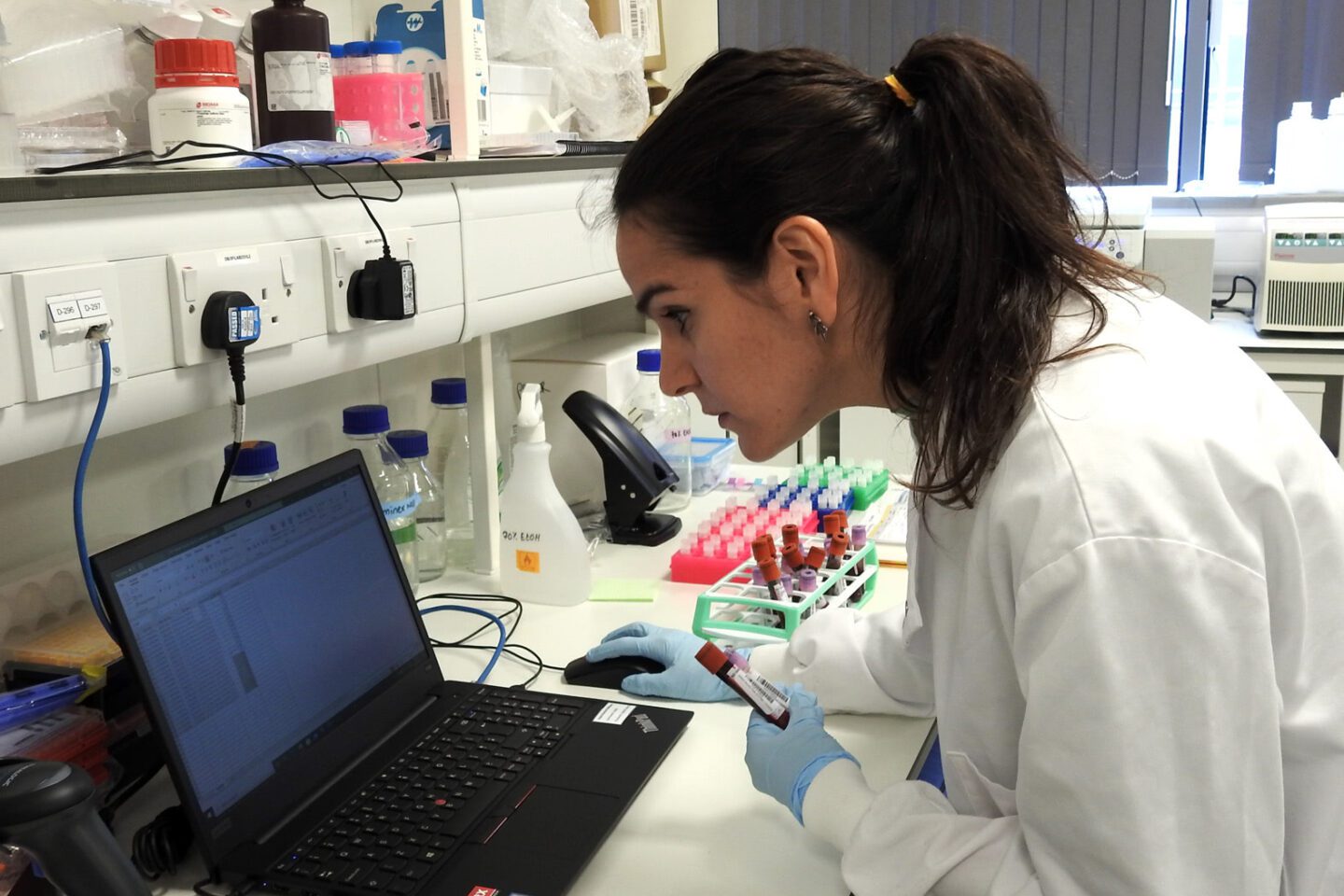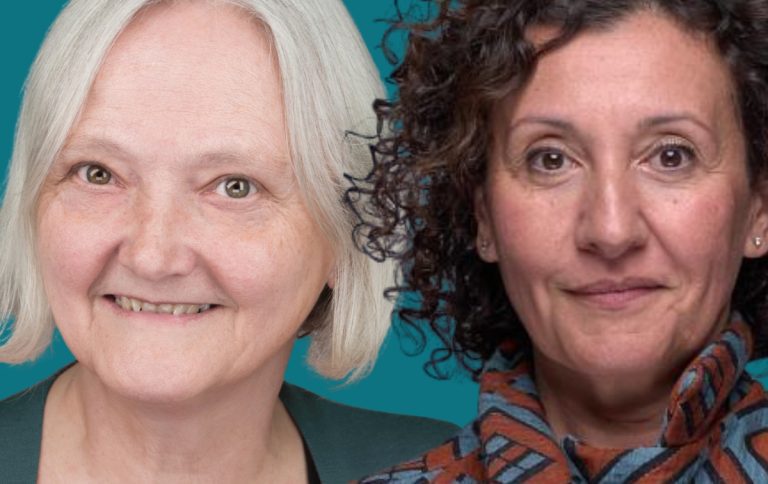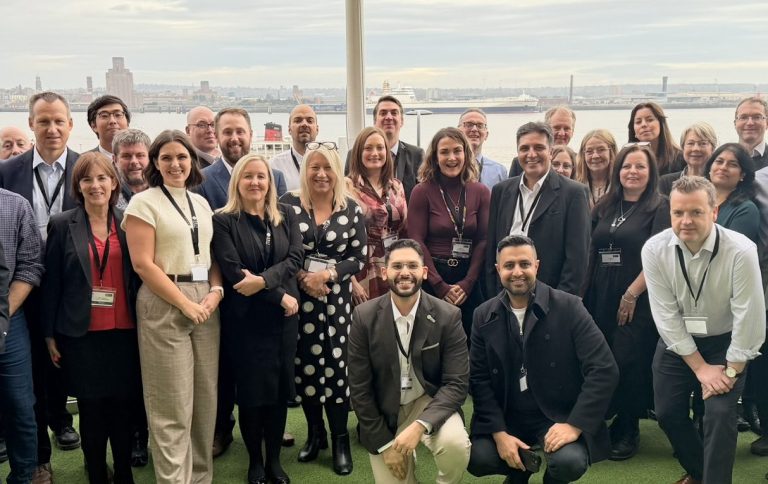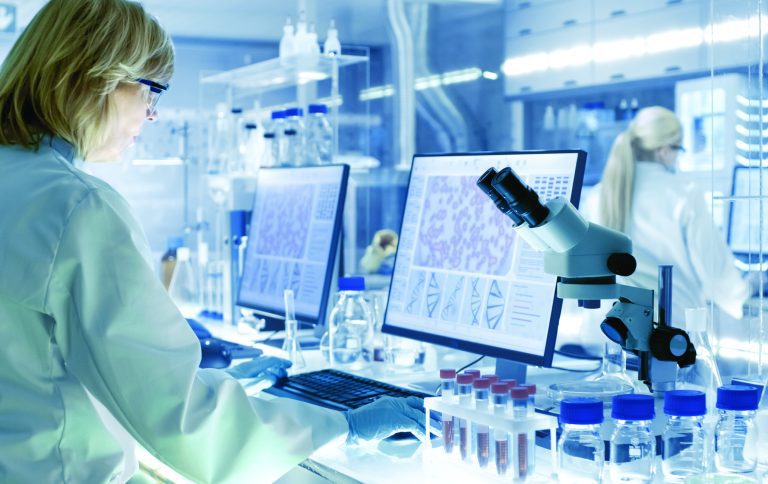- Find our latest Case Studies
- Our Platforms
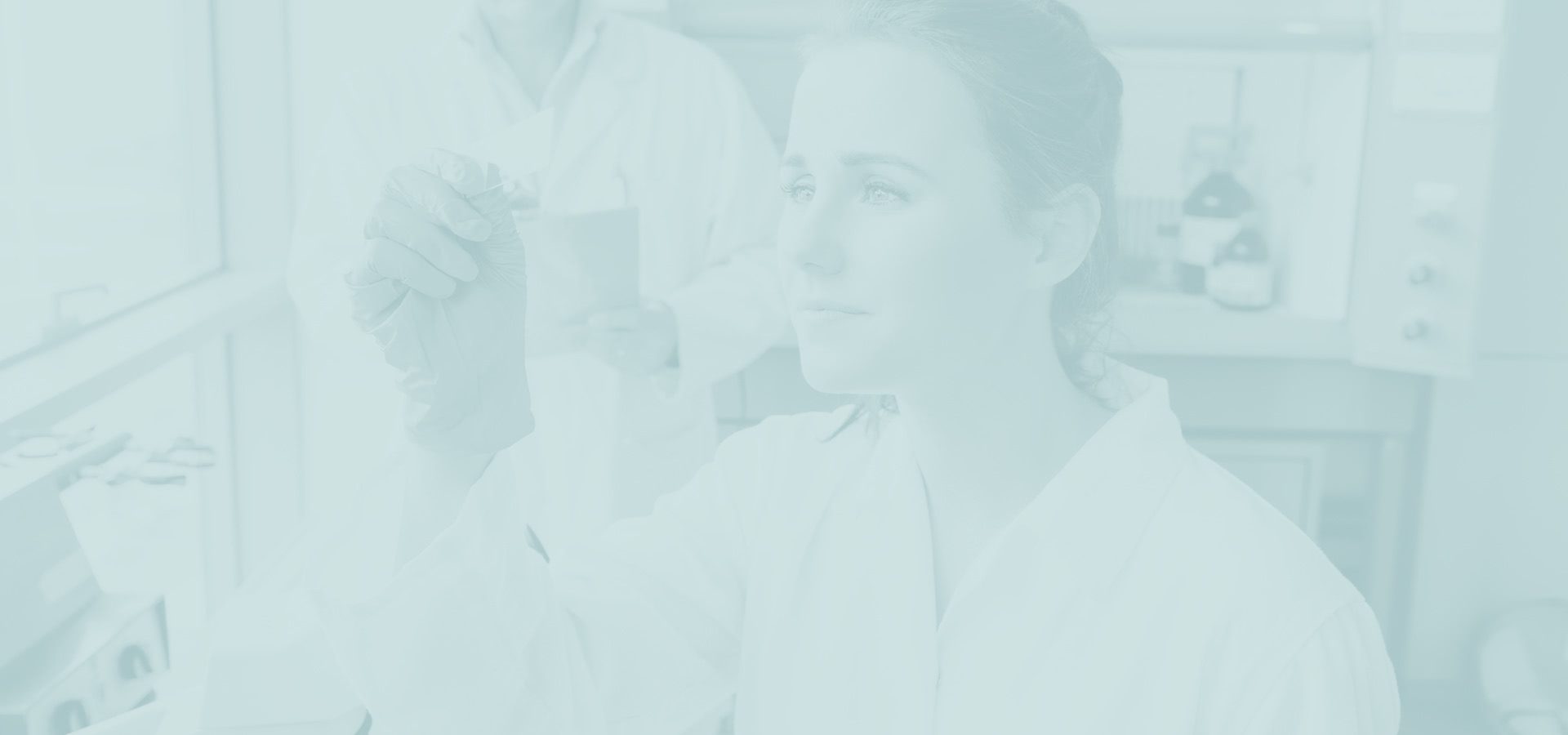
Platform 5: Human Challenge – Small scale clinical trials
This platform provides single-point-access to an advanced clinical trials package that offers first-into-human testing across a full range of antimicrobial products and treatments – from hygiene and sanitation products, diagnostics, AI wearables and devices, to new therapeutics, and vaccines.
Leveraging the world-leading expertise of Liverpool School of Tropical Medicine (LSTM) and Liverpool University Hospitals NHS Foundation Trust’s MHRA Phase 1 Accredited Clinical Research Unit (CRU), this all-in-one solution covers each stage of the trial journey from study protocol design to downstream analysis. This removes the need for companies to call on the expertise of multiple partners or Contract Research Organisations.
iiCON’s platform provides access to the expert team at the Accelerator Research Clinic (ARC) led by Professor Daniela Ferreira. The state-of-the-art research facility has 18 beds co-located with adjacent laboratories allowing for high clinical and research standards and enabling rapid processing of samples due to clinic and laboratory proximity and the clinic’s expert and experienced team.
Companies undertaking clinical trials also benefit from access to facilities including the largest complement of containment level 3 (CL3) laboratories in the North West and access to a comprehensive BioBank.
In a global first, the human challenge team have successfully and safely delivered a respiratory co-infection model of respiratory syncytial virus (RSV) and pneumococcus to understand how these pathogens interact in the human nose. This trial recently completed with participants randomised to primary RSV or pneumococcus followed by reciprocal challenge seven days later. Generation of this knowledge is essential to understand the potential indirect health impacts following roll out of the new generation of RSV vaccines.
Revolutionising Clinical Trials
The Human Challenge Model enables companies to carry out small scale clinical trials with between 100-300 participants to test the performance and efficacy of their product at a relatively early stage. This model provides companies with high-quality insight on their product’s performance and offers the opportunity to assess whether the product needs further development or is ready to advance to large- scale clinical trials. This allows for product testing and evaluation much more quickly and cost effectively than the ordinary product development pathway.
“This ability to provide single point access to expertise at every stage of the trial journey has significant commercial impact for industry. Uniquely, we have the expertise and facilities available to shape the trial protocol design, secure ethical and regulatory approvals, deliver full clinical trials, and then conduct comprehensive downstream analysis of the trial results. We’re not aware of any other facility globally that is able to offer this range of capability and end-to-end expertise.”
Professor Daniela Ferreira
Testing the efficacy of a drug early in the development pipeline using human challenge models provides reassurance to developers and makes it less likely the product will fail in the later stages of development, particularly the large Phase III trials. This reduces overall costs in the product development phase and companies can test multiple candidates and combinations, conducting tests with a hundred participants at a fraction of the cost of larger Phase III trials.
Human Challenge trials are also an important tool in the context of anti-microbial resistance – where more targeted treatments are needed. Having access to rapid testing to refine and shape therapeutics to enhance precision and impact is crucial to combat resistance and avoid over-prescribing of antibiotics.
For more information or to learn how your business can engage with this platform.
Platform Lead
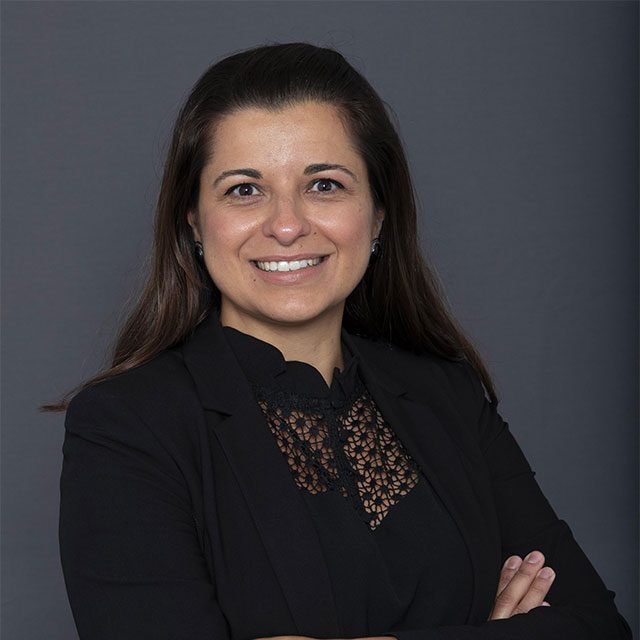

Professor Daniela Ferreira
Professor of Respiratory Infection and Vaccinology at Liverpool School of Tropical Medicine and the University of Oxford
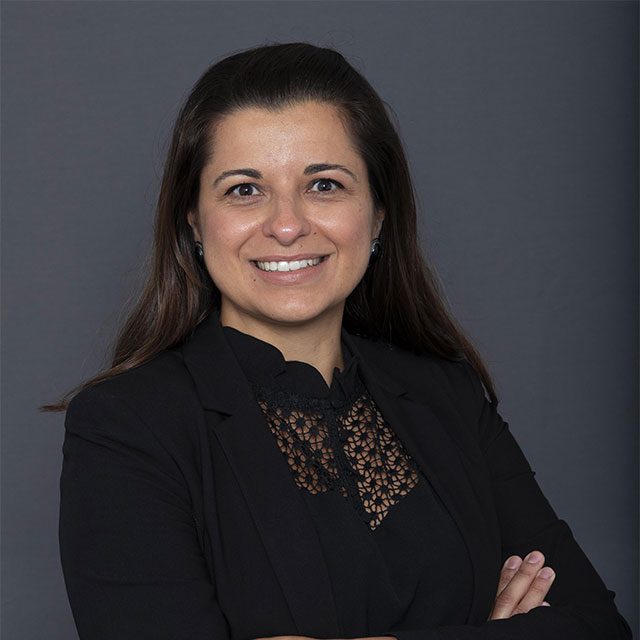

Professor Daniela Ferreira
Professor of Respiratory Infection and Vaccinology at Liverpool School of Tropical Medicine and the University of Oxford
Daniela is a global leader in Respiratory Infections and Controlled Human Infection Models (CHIM) (link is external) with experience in bacterial challenge, co-infection studies, vaccine testing and immune responses. She leads a large programme of work on Experimental Human Pneumococcal Challenge and mucosal immunity with collaborators from over 50 laboratories worldwide including South America and Africa and over £20m from various funders including MRC, UKRI, NIHR and top global industry partners.
She is the Head of the Liverpool Vaccine Team based at the Liverpool School of Tropical Medicine. To date her Liverpool based team has safely challenged over 1800 participants with live bacteria in over 20 clinical studies in their bespoke Accelerator Research Clinic. Daniela has played a substantial role in the UK Covid-19 pandemic response including the leadership of the Liverpool’s STOP COVID response and the NIHR NWC Vaccine Alliance Liverpool. Her Liverpool based team was a trial site for several Covid vaccine studies including the Phase II/III of the Oxford/AZ vaccine.
Daniela is on the management board of the HIC-VAC consortium. She obtained a PhD in Immunology in 2009 from the University of Sao Paulo (São Paulo, Brazil). During her PhD Daniela was awarded the prestigious Robert Austrian Research Award in Pneumococcal Vaccinology to develop novel nasal vaccines (2006). Daniela joined the Liverpool School of Tropical Medicine in 2009 as a postdoctoral scientist and was promoted to Professor and Head of Department of Clinical Sciences in 2018. She joined the University of Oxford in June 2022.
